 Véto-pharma
Véto-pharma Meeting with Geoff Williams, Co-Vice President for the COLOSS network
We are keen to introduce you to the COLOSS network, of which we have been a partner since 2017. COLOSS’s mission is to promote the health of honey bees worldwide. They do this by coordinating international research, as well as disseminating knowledge and education. COLOSS projects are recognized worldwide and unanimously praised by the beekeeping community.
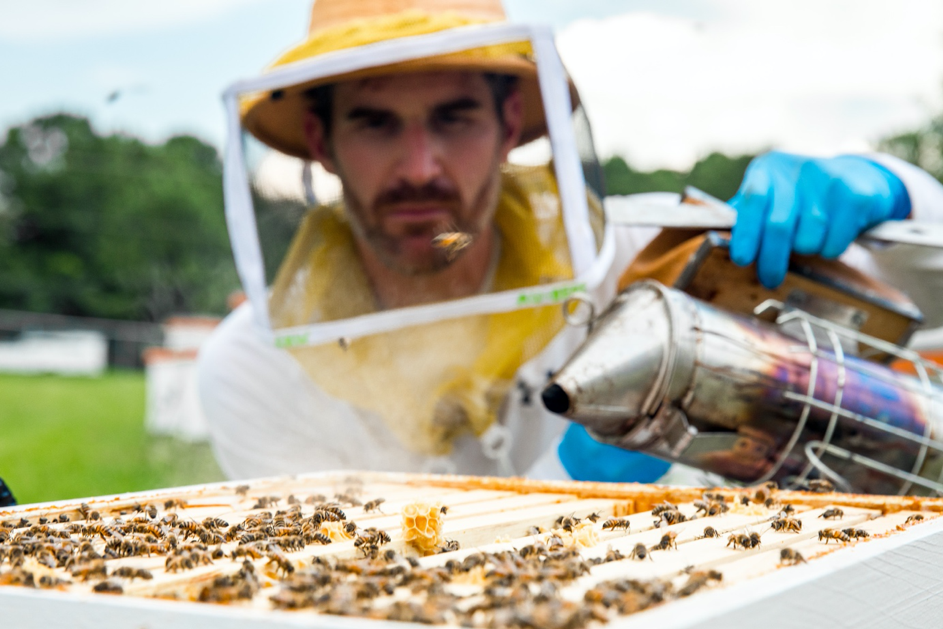
Sure! Thanks so much for your interest in me, and more importantly, COLOSS! Like a lot of people, the job I have today is nothing like what I imagined it would be when I was growing up. It actually wasn’t until my graduate degree that I first was exposed, and then really interested, in honey bees. During my undergraduate studies, I really enjoyed taking entomology and parasitology classes, and as you can imagine, working on honey bee health is a nice merger of the two disciplines! I had an opportunity to work on honey bees during my Master’s degree. I took that opportunity, and haven’t looked back!
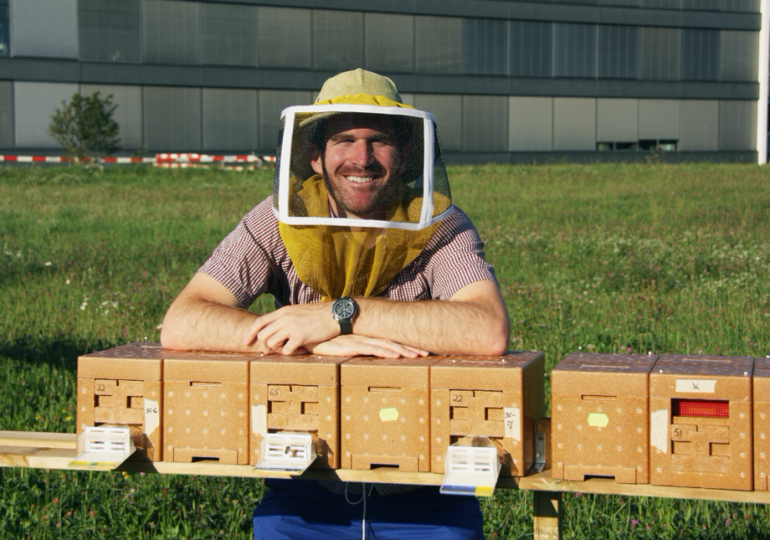
COLOSS was established in late 2008 as EU COST Action. The intention of that funding source was to provide interdisciplinary networking opportunities for modern day scientific challenges. In our case, the challenge was a reduction of honey bee health in many parts of Europe. During that project period, anyone on the planet could have participated in COLOSS events, but there was a clear priority to financially support European researchers, students, and other scientific stakeholders. Once COST support ended in 2012, as mandated by its funding program, we sought to continue what we had built by creating a non-profit organization. Today, we have over 1,300 members from all 6 honey bee-inhabited continents, and our membership is open to anyone from the scientific community that has passion to promote honey bee health.
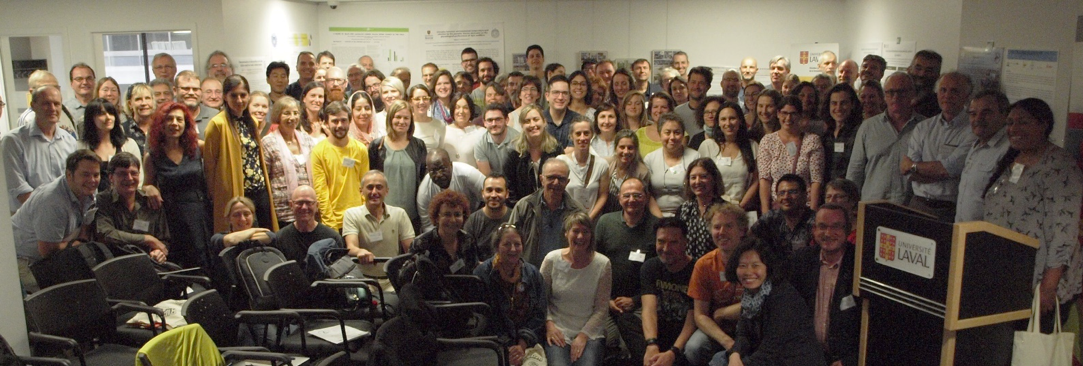
As you can imagine with so many members, COLOSS is blessed with expertise in topics ranging from honey bee husbandry, to honey bee parasitology, to honey bee breeding, to honey bee toxicology. As a result, we are arranged into several ‘Task Forces’, each focused on a specific topic that we as a whole believe is important to honey bee health. For example, one of our Task Forces deals with pesticide exposure, while another targets varroa mite management. Every year, each Task Force organizes a meeting to bring together any scientific stakeholder interested to work on common projects. Additionally, we bring together all Task Forces once per year at our annual conference, which is usually hosted immediately prior to EURBEE or Apimondia.
I was originally brought on in 2011 as a kind of part-time Executive Director, to coordinate overall effects. Most of my work involved communicating with local organizers who were arranging Task Force meetings around Europe. Today, I am one of 15 Executive Committee members of COLOSS, and am also Co-Vice President with Panuwan Chantawannakul of Thailand. I spend most of my time again acting as a liaison between the Executive Committee and local organizers, and I also co-coordinate our annual conference with several other Executive Committee members. Particularly prior to the annual conference, COLOSS can take up nearly all my time. But usually I spend 4-6 hours per month working on COLOSS activities.
Coordination of our activities best occurs in person, at meetings. Specific Task Force workshops generally focus on identifying, developing, and finalizing topic-specific projects. For example, the toxicology group – Apitox – might coordinate the development of standard risk assessment laboratory procedures. The conference on the other hand provides a venue for each Task Force to provide updates to the entire group, as well as where our membership can make important strategic and financial decisions for the future. Of course, because we are science nerds who love talking about honey bees, we also provide time for each Task Force to get together to discuss their specific scientific work.
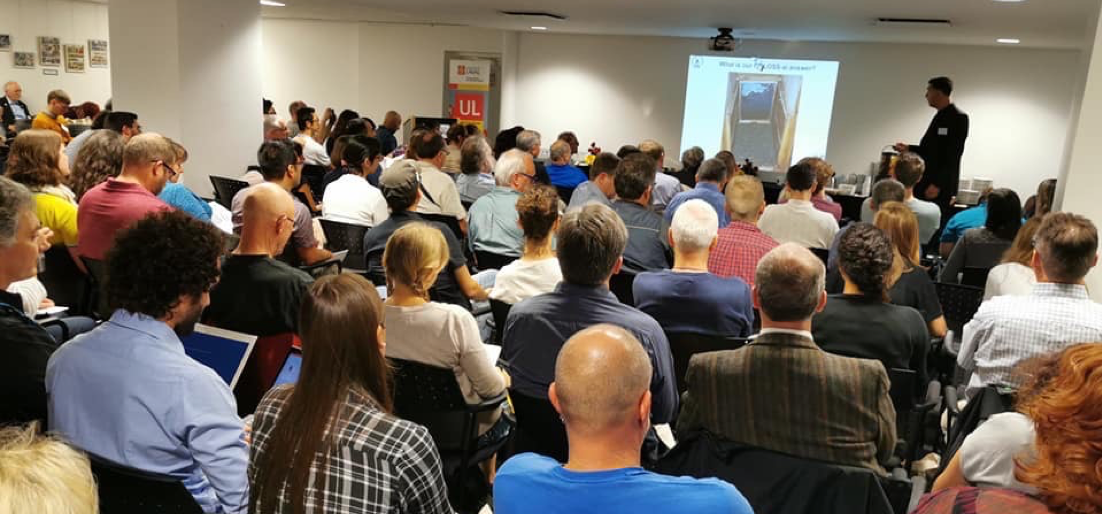
Since our COST Action ended, COLOSS as a non-profit has heavily relied on financial support from stakeholders of the honey bee industry to perform its activities. This support usually comes in two forms – the first is event-specific sponsorships that may be provided by local universities and beekeeping clubs, and in the case of our conference, from the Eva Crane Trust. The second is network sponsorship provided by Véto-pharma and the Ricola Foundation. This level of support affords us with a peace of mind and ability to sustainably plan and organize our approximately 10 events per year. It also allows us to maintain our website, which disseminates honey bee health knowledge and provides an e-platform for event organization. We try to be as inclusive as possible for all our membership; one way we do this is by maintaining low registration fees to our events. Therefore, financial support from our stakeholders is paramount!
During my time with COLOSS, I have really seen it grow from a European-centric organization to one that entices stakeholders from across the planet. In the past two years, I have been especially excited to see a workshop and an annual conference being hosted outside Europe for the first time. The latter event in Canada even broke a COLOSS attendance record! Coming up will be our first event in Asia. There we hope to network with our Asia counterparts, kick off a new version of our BEEBOOK, and host a scientist-beekeeper discussion day! I think these activities represent where we are headed – more inclusion across the planet, and a tighter connection with our second most important stakeholder – the beekeeper. If it’s not obvious, clearly our number one stakeholder is the honey bee!
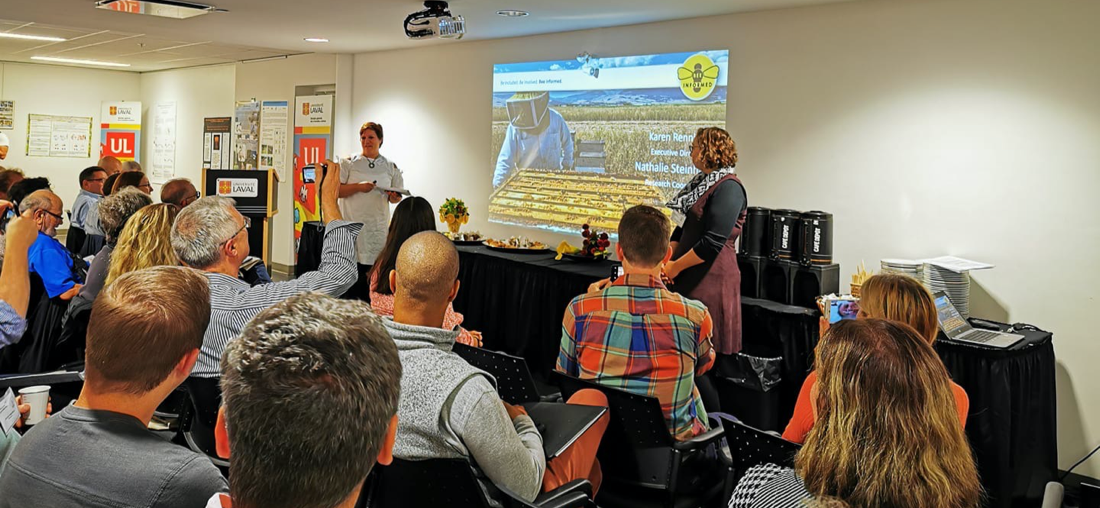
Thank you Geoff for giving us this view on the COLOSS activities and sharing your vision for the next few years’ activities! The actions of COLOSS are vital for the honey bee’s future, and we really care about sharing their activities with you all. We invite you to follow their activities and give them more visibility to contribute to the accomplishment of their projects! For more information: https://coloss.org